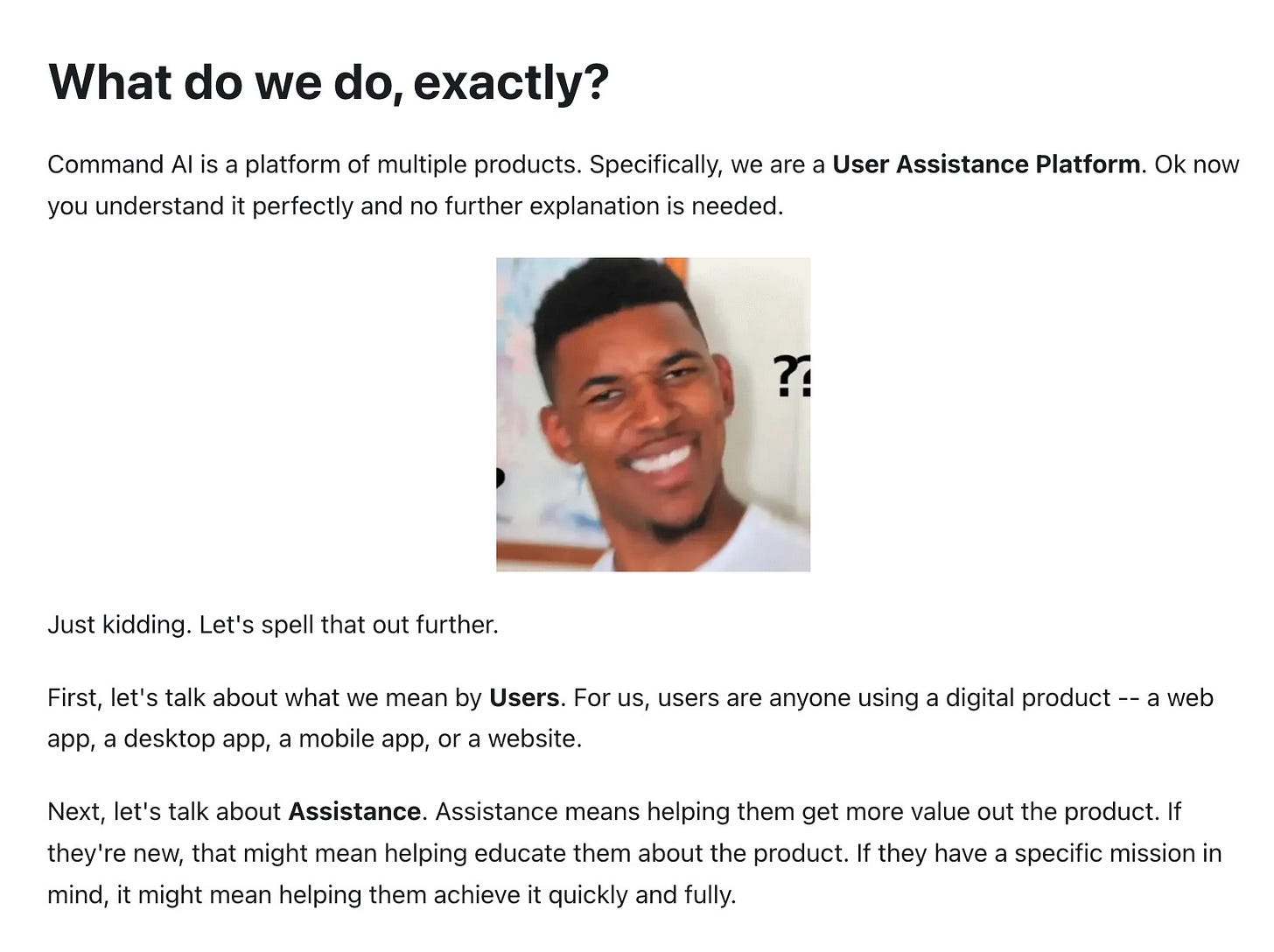How to prevent founder burnout (without neglecting your company)
When to sprint and when to rest
There are days where you do a week of work and weeks where you do a day of work. We’d all love to open our laptop at 9am and zoom through 12 hours of deep work, solving complex problems that hold our company back.
Those days exist and they’re awesome. they make you feel like you’ll IPO any day now.
But you know what else exists? Days where you sleep 3 hours because your neighbor’s System of a Down cover band practiced in their house. And days where you’ve just spent the past week putting out a giant fire and all you want is rest. And days where you’ve had an international customer call at 2am.
If you expect a perfect workday of yourself on those days, you’ll burn out. Founder burnout is real. It’s not a glamorous topic, but being a founder means you never run out of work. There’s always something you could be doing, things that could be better.
That’s in stark contrast to employees at big companies where your tasks are dictated from up top and you solve the math equation of how to squeeze those tasks into 40ish hours.
That’s why most time management techniques are pointless for founders: Your potential work could fill infinity hours. You’ll never feel “done”.
That’s why I believe founder work is about energy management. Deploying your energy wisely is far more important than how many hours you stare at glowing glass.
And the human body and brain don’t have constant (high) energy. You need to rest. That doesn’t mean I’m advocating for not working when you don’t feel like it. It means staying aware of your energy and acting on that.
How to “rest” when you don’t have the energy
When I say “rest”, most people assume I’m talking about binging Netflix with a tub of ice cream. But that’s now what I mean. And frankly, startup founders need to work more hours and be more obsessed than most people.
By rest, I mean low-cognitive-effort work. I love to write docs when I’m not feeling like working on deep problem solving. Writing docs is a) are genuinely useful and b) replenishes the ego reserve.
And when I feel ready to conquer the world again, I’ll work on the hard, problem-solving type of stuff. My heuristic for this: I take 2 days a week where I work on the things I want to avoid. The parts of the company that just aren’t working or where we’re understaffed. I reserve my willpower reserves for those days.
A caveat: You don’t always have the luxury of resting. If your company is going downhill, you’ll need to grit your teeth. The uncomfortable stuff is often where the biggest upside is. And if you’re on the verge of failure, you need to maximize potential upside.
If you’re feeling acute founder burnout, there are 4 things I like to use to remedy this:
Reasonable hours
If your energy feels drained, restrict your hours for a week or two. What if you could only work 9-5 for a week?
This will give you more time to recharge. It might also force you to find new ways of getting things done and trim some of the coffee breaks and social media checks off of your schedule.
A simple project
As founders, we often deal with complex, multivariate projects. This makes sense because the reason succeeding as a startup is rewarded so handsomely is because it’s incredibly hard.
But sometimes you just need a win, something that makes you feel accomplished.
Mix up who’s working together
If there’s a sense of exhaustion at the company/team level, it might be time to mix it up. People constantly get stuck in ruts. To get them out of autopilot, it’s great to expose them to different people or slightly different tasks.
Do a creative project
One of the most refreshing things you can do is something like a “hack week”. In product/engineering, this is a typical thing where people work on whatever they think would be cool.
You don’t have to limit this to product/engineering. You can have a marketing hack week, a growth hack week, design hack week, etc.
Don’t get burned out
I hope these tools help you not burn out. Founders are the driving force of the company. As the leader, people will take their cues from you. You need to prevent burnout at all costs. It’s way better to have a slow week or two than to push through everything and get incapacitated for months.




